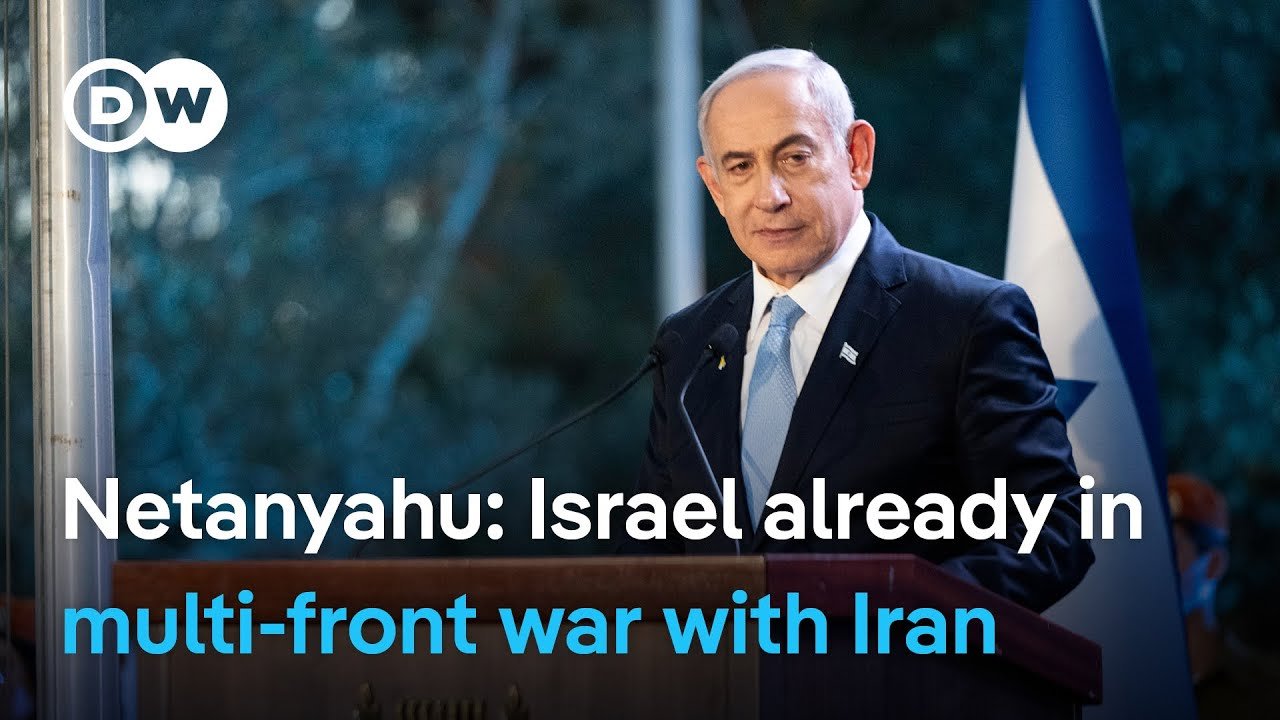Tensions in the Middle East are escalating following the assassination of Hamas political chief Ismail Haniyeh in Tehran, with Israel’s Prime Minister stating the country is in a multi-front war with Iran. The G7 nations have called for restraint, while the U.S. has pledged its “ironclad” support to Israel against any retaliatory attacks from Iran. Diplomatic efforts, including a significant visit by Jordan’s Foreign Minister to Iran, are underway in hopes of preventing a major Iranian strike. However, analysts suggest that the situation is complex, with negotiations and potential retaliations deeply influenced by broader geopolitical strategies and regional power dynamics.
- Israel’s Prime Minister has informed his cabinet of a multi-front war with Iran following the assassination of Hamas’s political leader in Tehran.
- The G7 nations have called for restraint in the region amidst rising tensions.
- The United States has expressed its ironclad support for Israel in the face of potential retaliatory attacks from Iran.
- Diplomatic efforts to prevent escalation include a notable visit by Jordan’s Foreign Minister to Iran for direct talks.
- Analysts highlight the complex negotiation strategies and the use of proxy wars, cyber attacks, and psychological operations in the ongoing conflict.
- Despite the advanced military support from the West, Israel faces challenges due to the asymmetry in regional power dynamics and the support Iran provides to proxy groups.
- The situation is part of a longer-term indirect rivalry between Iran and Israel, now potentially moving towards more direct confrontation.
DW News is a global news TV program broadcast by German public state-owned international broadcaster Deutsche Welle (DW).
AllSides Media Bias Rating: Center
https://www.allsides.com/news-source/deutsche-welle-media-bias
Official website: https://www.dw.com
Original video here.
This summary has been generated by AI.

Leave a Reply